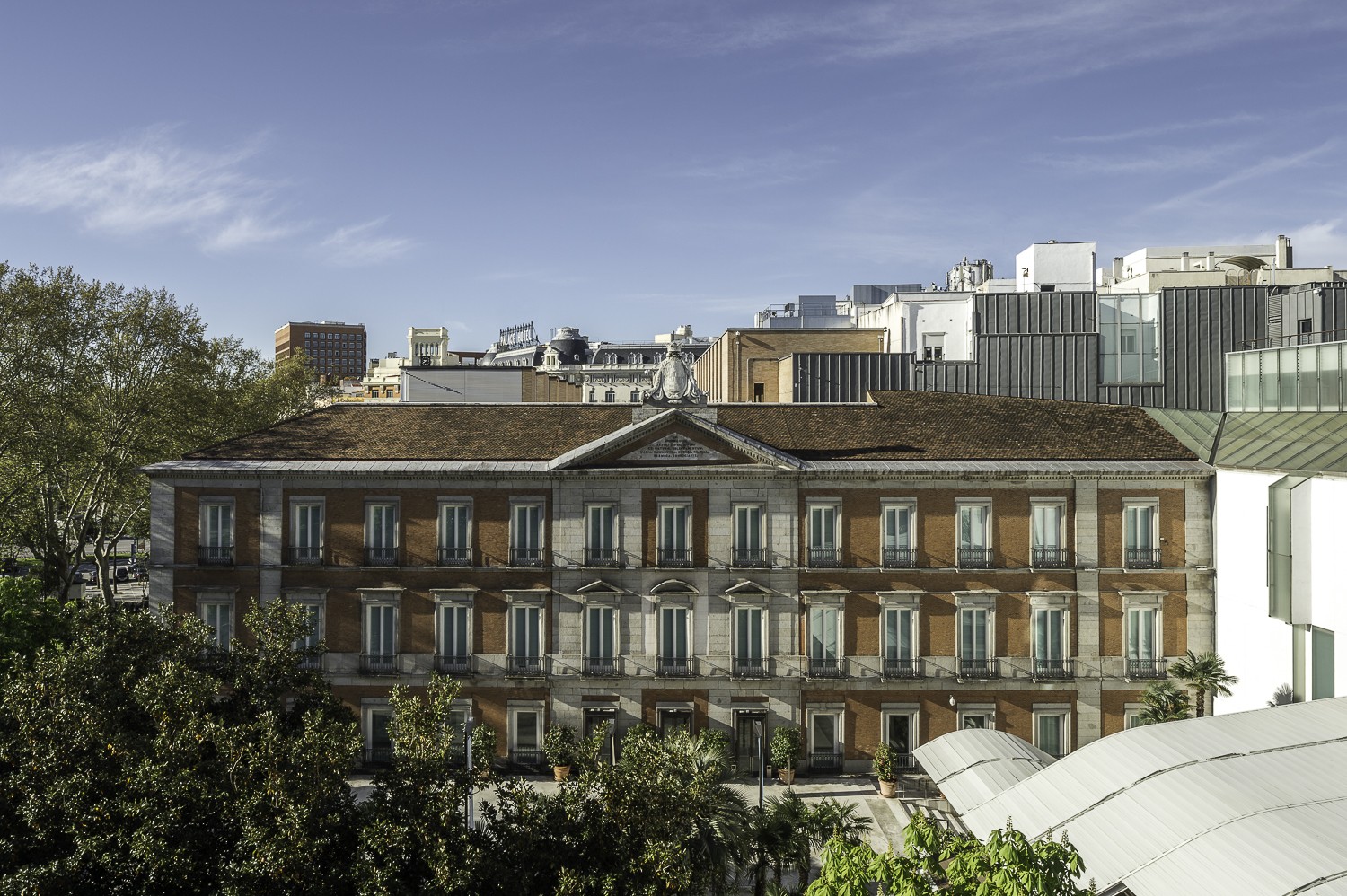US Supreme Court reopens Pissarro painting case
Judicial procedures allow different persons and companies to be pitted against each other in foreign countries. Ownership of cultural property changes hands, either by legal means or through extraordinarily unfavourable situations.
Recently, the Supreme Court of the United States has admitted the Cassier family's appeal of the proceedings concerning the ownership of a painting by Pissarro "Rue St. Honoré, après midi, effet de pluie", painted in 1897.
Although the family acquired this work through an agent of the famous French artist, it was Lilly Cassier, a German and a Jew, who had to sell the painting for a visa to leave the country in 1939.
In 1976 Baron Hans Heinrich Thyssen-Bornemisza bought the painting from a gallery in New York, and in 1993 it was transferred to the Thyssen-Bornemisza Collection Foundation, based in Madrid. Upon learning of the painting's existence in the Thyssen-Bornemisza Museum, Claudie Cassier, Lilly's grandson, began legal proceedings which are still active today.
Over the past twenty years, the US courts have been inclined to award ownership to the Thyssen-Bornemisza Foundation.

Photo: Thyssen-Bornemisza Museum
"If US law is used, the situation changes for the Cassirer family because, unlike Spanish law, the applicable American law has no statute of limitations for these cases," explains Bernardo Cremades Junior of the law firm B. Cremades & Asociados, a law firm that defends an "interested third party" in these proceedings, the Jewish Community of Madrid and the Federation of Jewish Communities of Spain. "If the Cassirers were to win before the Supreme Court, the case would be reopened," adds Cremades.
In the coming weeks, the Supreme Court will determine whether Spanish law is applicable in this case (as it has been applied until now), or whether state or federal law comes into play, the plaintiff's claims being supported by the precepts of the Foreign Sovereign Immunities Act (FSIA), a law that determines whether to grant or withhold immunity from a country or agency of a country.
Should the Supreme Court rule that these legal proceedings must be guided by US law, and thus remove the immunity of the Thyssen-Bornemisza Foundation, it could mean a change of destination for Pissarro's painting.
Related links
Main menu






